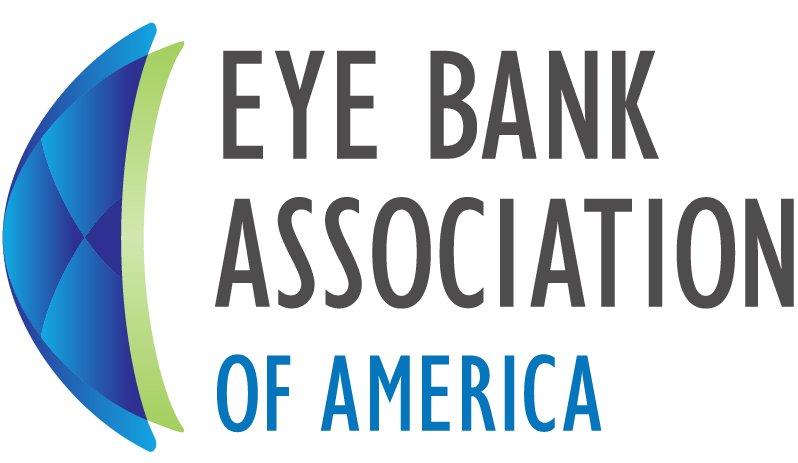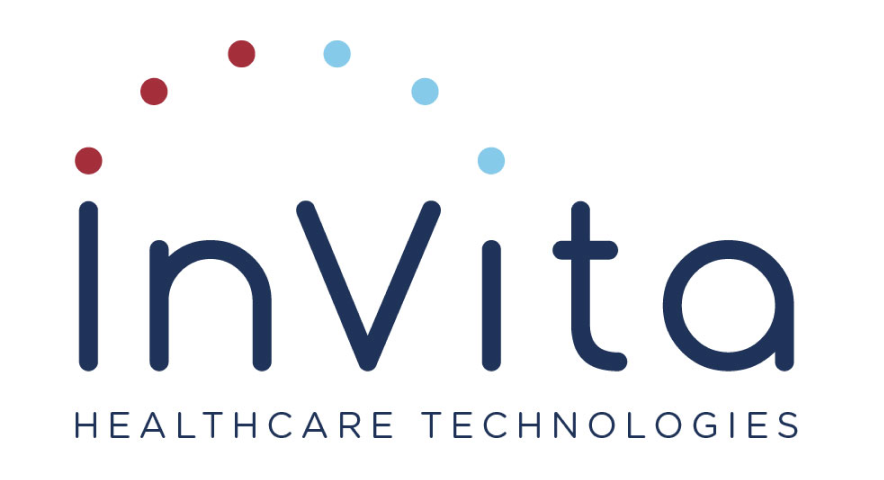EBAA Regulatory Alert:
FDA Releases Important Information for HCT/P Establishments Regarding Monkeypox Virus and HCT/P Donation
August 29, 2022
FDA released a new safety communication for human cells, tissues, or cellular or tissue-based product (HCT/P) establishments regarding monkeypox virus and tissue donation.
There have been no reports of transmission of monkeypox virus through use of HCT/Ps; therefore, the risk of infection transmitted by implantation, transplantation, infusion, or transfer of HCT/Ps remains theoretical. Monkeypox virus nucleic acid has been detected in tissues and secretions of infected humans, such as in skin, semen, and placenta; however, the levels of infectious virus in human cells and tissues have not been well characterized.
Routine measures used to determine donor eligibility are already in place for evaluating risk factors and conditions as well as clinical evidence and physical evidence of infection in HCT/P donors. These safeguards may identify potential donors who are diagnosed with monkeypox virus or who are currently at greatest risk for infection with monkeypox virus. In addition, for cadaveric (non-heart-beating) donors, HCT/P establishments should determine whether an autopsy was not performed due to a perceived risk of transmission of communicable disease or, if an autopsy was performed, whether any special precautions were taken that would suggest there was a special concern over the risk of transmission of a communicable disease from the donor.
Due to the robustness of existing donor screening recommendations, FDA does not recommend using laboratory diagnostic tests to screen HCT/P donors for monkeypox virus.
The HCT/P establishment’s responsible person (21 CFR 1271.3(t)) must determine and document the eligibility of a cell or tissue donor (21 CFR 1271.50). Based on information available at this time, establishments may wish to consider, whether, in the 21 days prior to HCT/P recovery, the donor:
- was diagnosed with or was suspected of having a monkeypox infection;
- had close contact with a person or an animal diagnosed with or suspected of having monkeypox infection regardless of the donor’s vaccination status; or
- developed a rash or other symptoms suggestive of monkeypox infection.
A licensed live replicating virus vaccine indicated for active immunization against smallpox (ACAM2000) may be used against monkeypox under FDA’s Expanded Access Investigational New Drug (IND) mechanism, and recommendations remain applicable in the 2007 Guidance for Industry: Eligibility Determination for Donors of Human Cells, Tissues, and Cellular and Tissue-Based Products related to evaluating an HCT/P donor for receipt of smallpox vaccination in the preceding 8 weeks and screening donors for clinically recognizable vaccinia virus infection from contact with someone who received the live replicating virus smallpox vaccine. The licensed non-replicating virus vaccine indicated for prevention of monkeypox (JYNNEOS) does not carry this same concern.
FDA will continue to monitor cases of monkeypox in the U.S. and worldwide and available information about potential risks of monkeypox virus transmission by HCT/Ps and will provide updates if needed.


